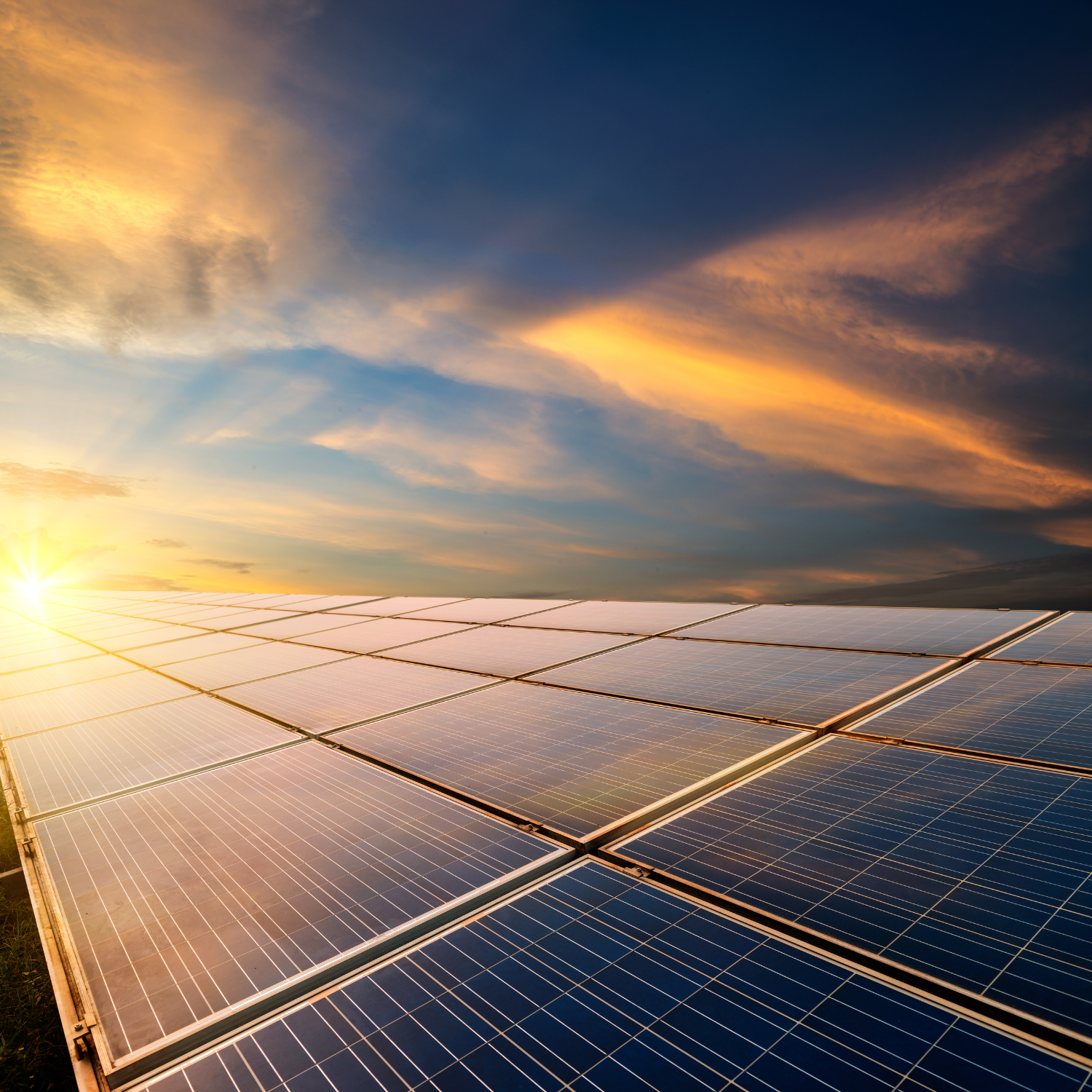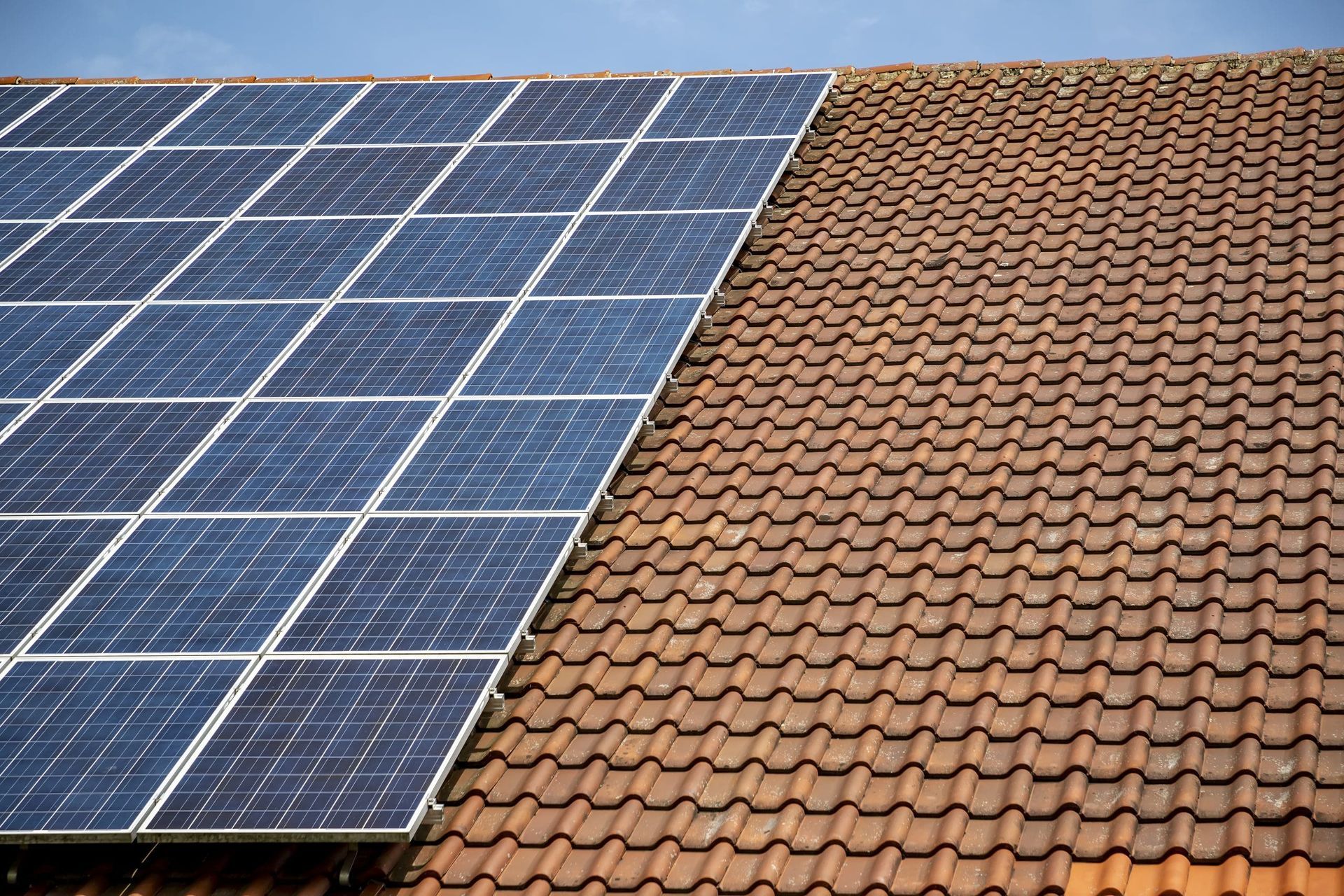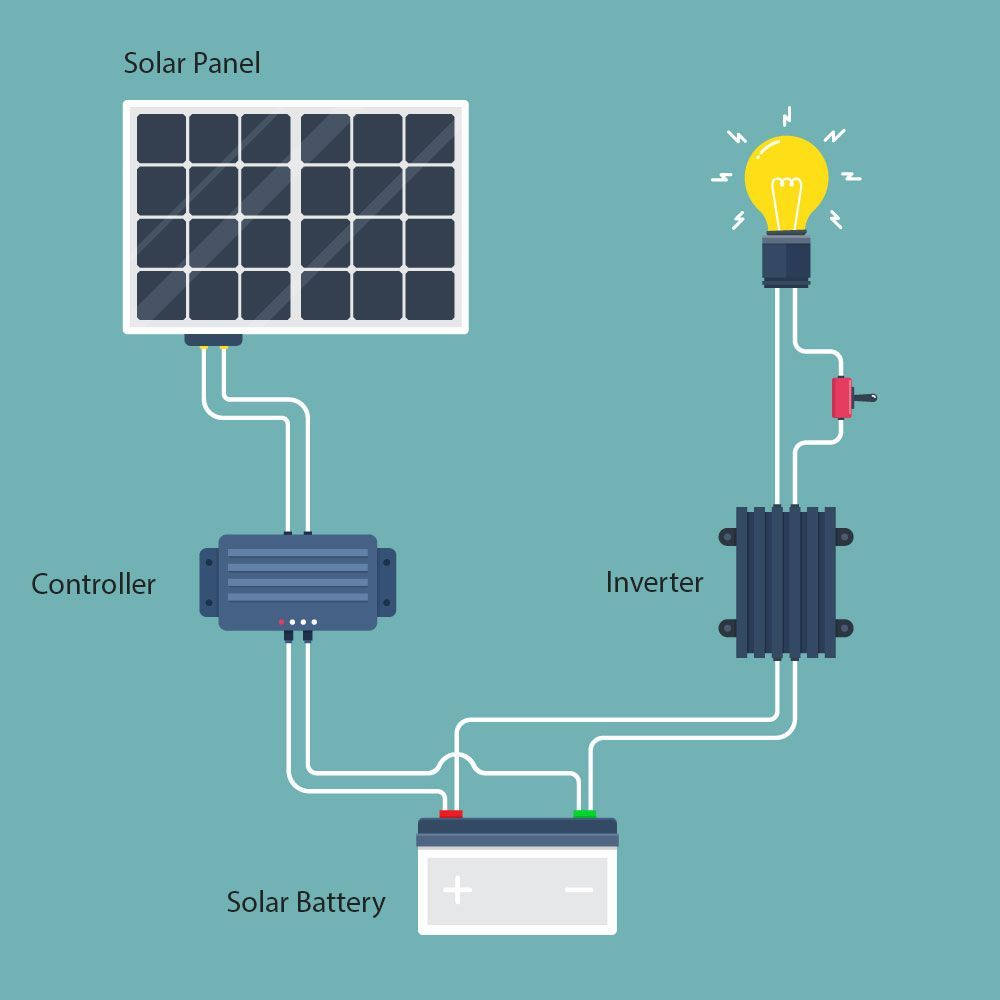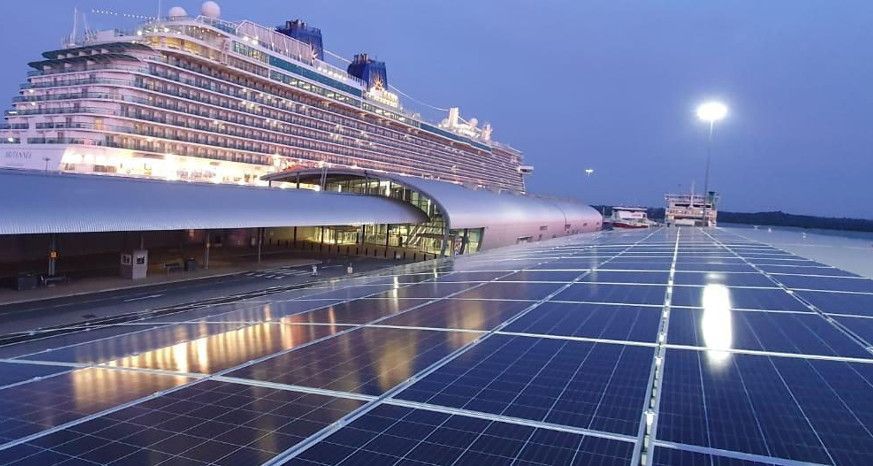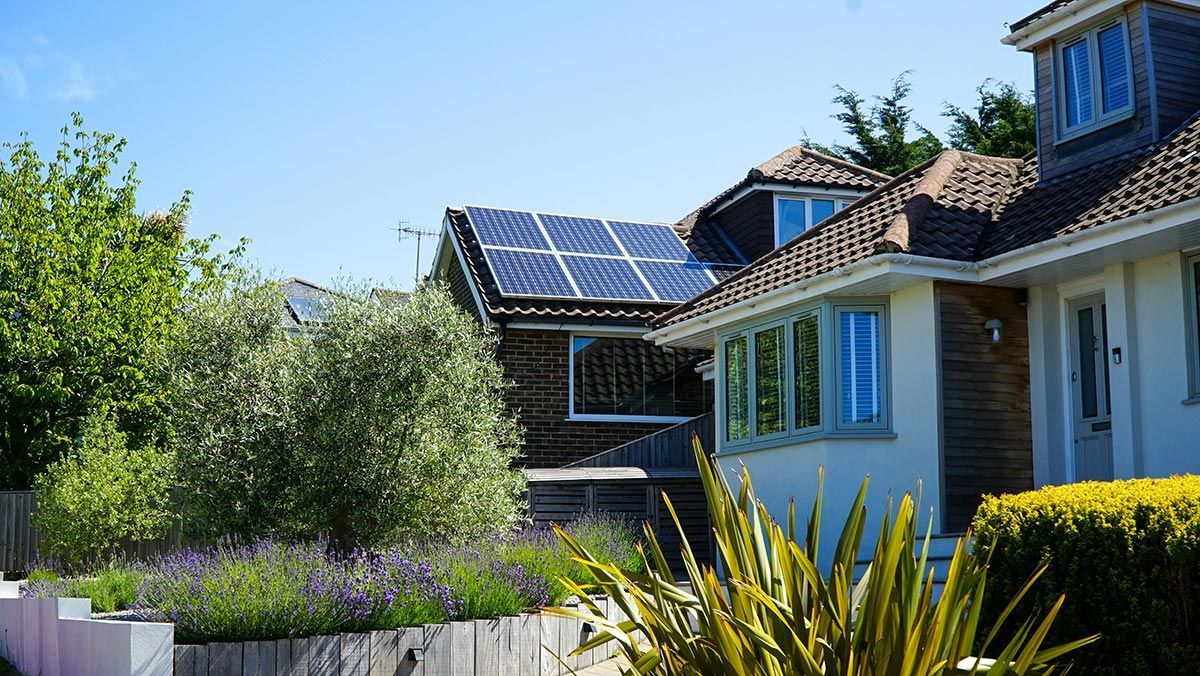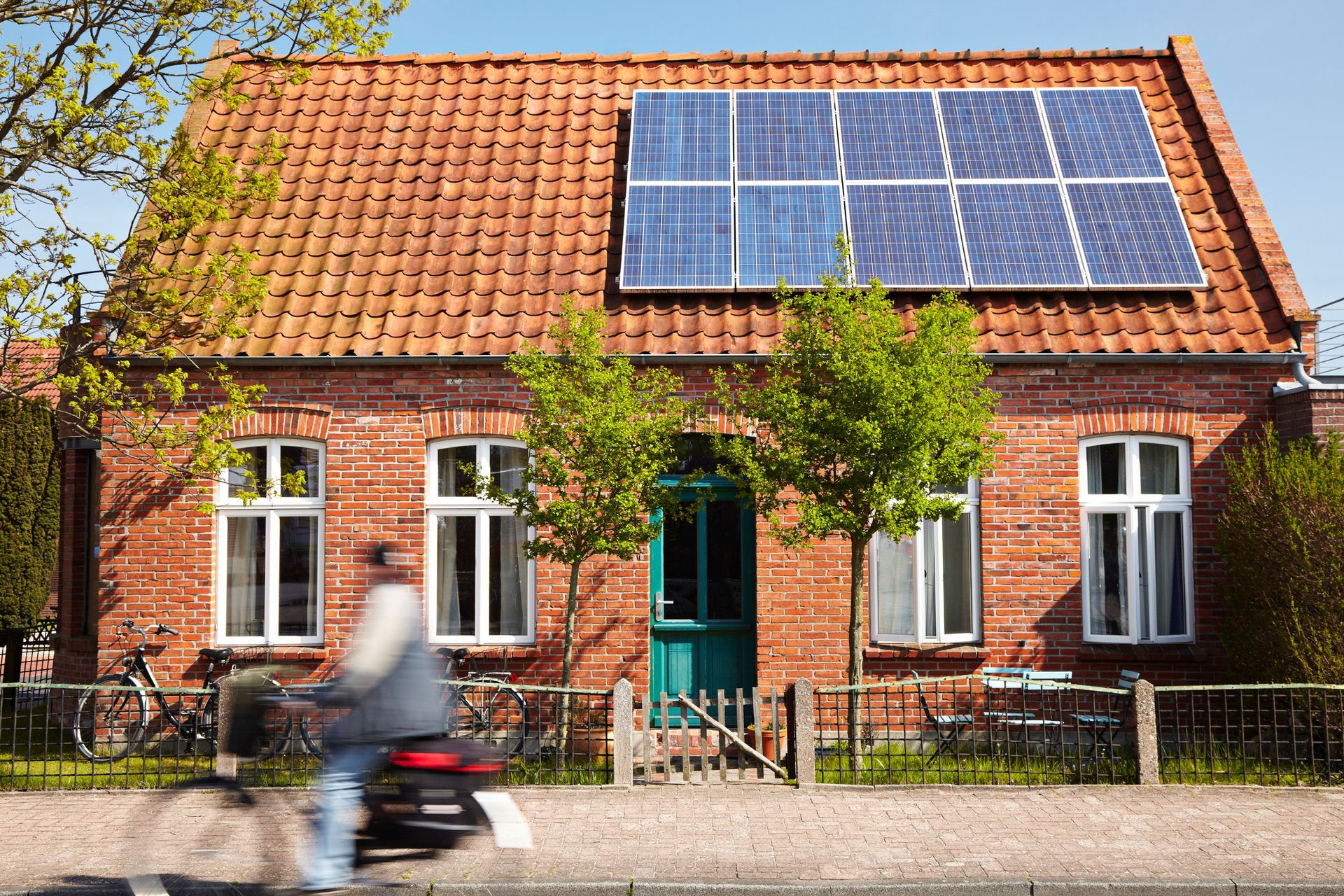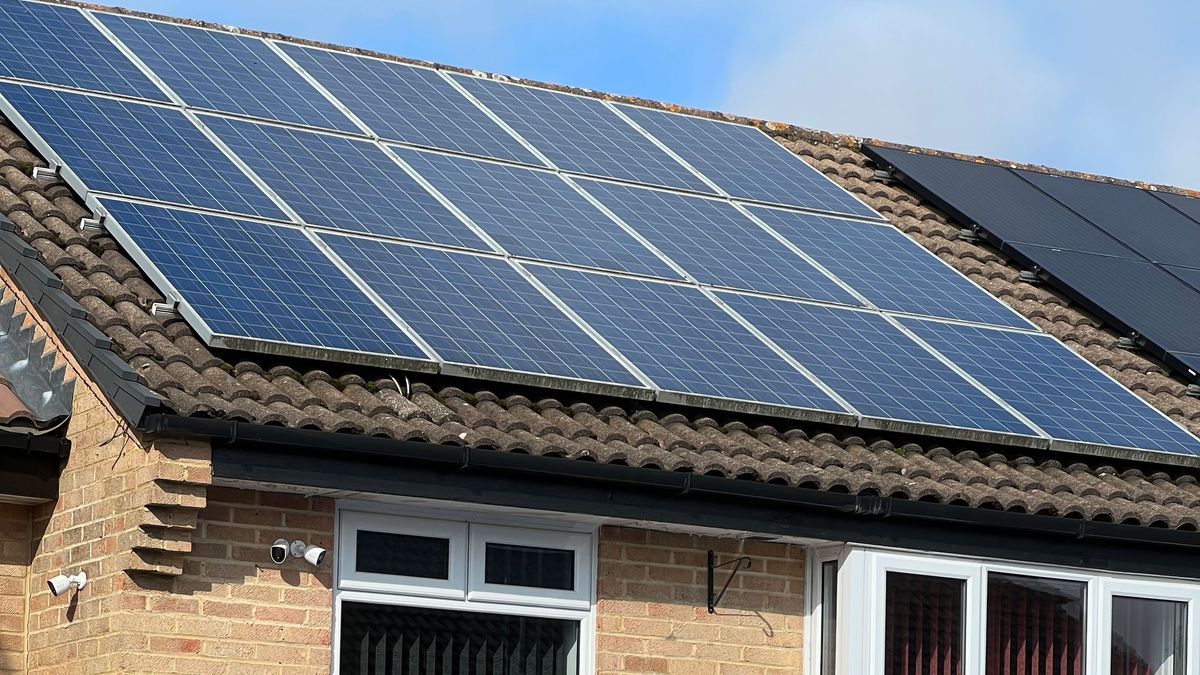
How Do Solar Panels Work? | A Simple Guide by Southampton Solar
A Simple Guide by Southampton Solar
Solar panels are a fantastic way to harness the power of the sun and turn it into electricity for your home or business. But how exactly do solar panels work? In this blog, we’ll break down the process in a clear and concise way to help you understand the science behind solar energy.
The Basics of Solar Panels
At their core, solar panels use photovoltaic (PV) cells to capture sunlight and convert it into electricity. These PV cells are made from semiconductors, usually silicon, which is highly efficient at absorbing sunlight. When sunlight hits the cells, it triggers an electric current, which is then used to power your home.
Step-by-Step Process of Solar Energy Conversion:
- Sunlight Hits the Solar Panels
- Solar panels are installed on your roof or another surface where they can capture sunlight throughout the day. Even on cloudy days, panels can generate electricity, though they are more effective in direct sunlight.
2. Photovoltaic Cells Generate Direct Current (DC)
- When sunlight hits the solar panels, it excites electrons in the PV cells, creating direct current (DC) electricity. DC is the type of energy that flows in a single direction, but most homes and businesses use alternating current (AC).
3. The Inverter Converts DC to AC
- A key component of any solar panel installation is the inverter. This device converts the DC electricity produced by the panels into alternating current (AC), which can be used by your appliances, lights, and electronics.
4. Electricity Powers Your Home
- Once the DC has been converted into AC, the electricity flows into your home’s electrical system, powering everything from your refrigerator to your TV. Any excess energy can be sent back to the grid or stored in a battery.
5. Energy Storage and Grid Connection
- If you generate more energy than you use, that extra energy can either be stored in a solar battery storage system for later use or sold back to the grid, often resulting in credits on your electricity bill.
The Benefits of Solar Panels
Now that you know how solar panels work, let’s talk about why they are such a great investment. With solar panels in Southampton, you can:
- Reduce your energy bills: By generating your own electricity, you rely less on traditional energy providers.
- Lower your carbon footprint: Solar energy is clean and renewable, helping to protect the environment.
- Increase your property value: Homes with solar panels are often seen as more valuable due to the long-term energy savings they offer.
Conclusion
Understanding how solar panels work is the first step to making an informed decision about switching to renewable energy. By capturing sunlight and converting it into electricity, solar panels offer a sustainable, cost-effective way to power your home or business. At Southampton Solar, we specialize in designing and installing high-quality solar panel systems tailored to your needs.
Ready to make the switch? Contact us today for a free consultation and start enjoying the benefits of solar energy in Southampton.
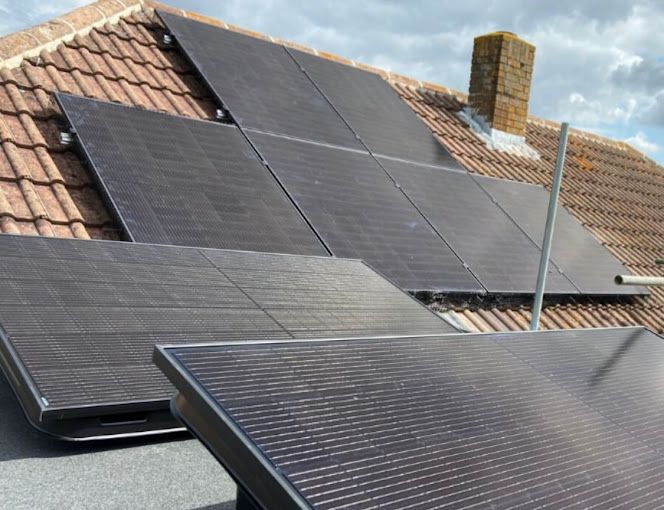
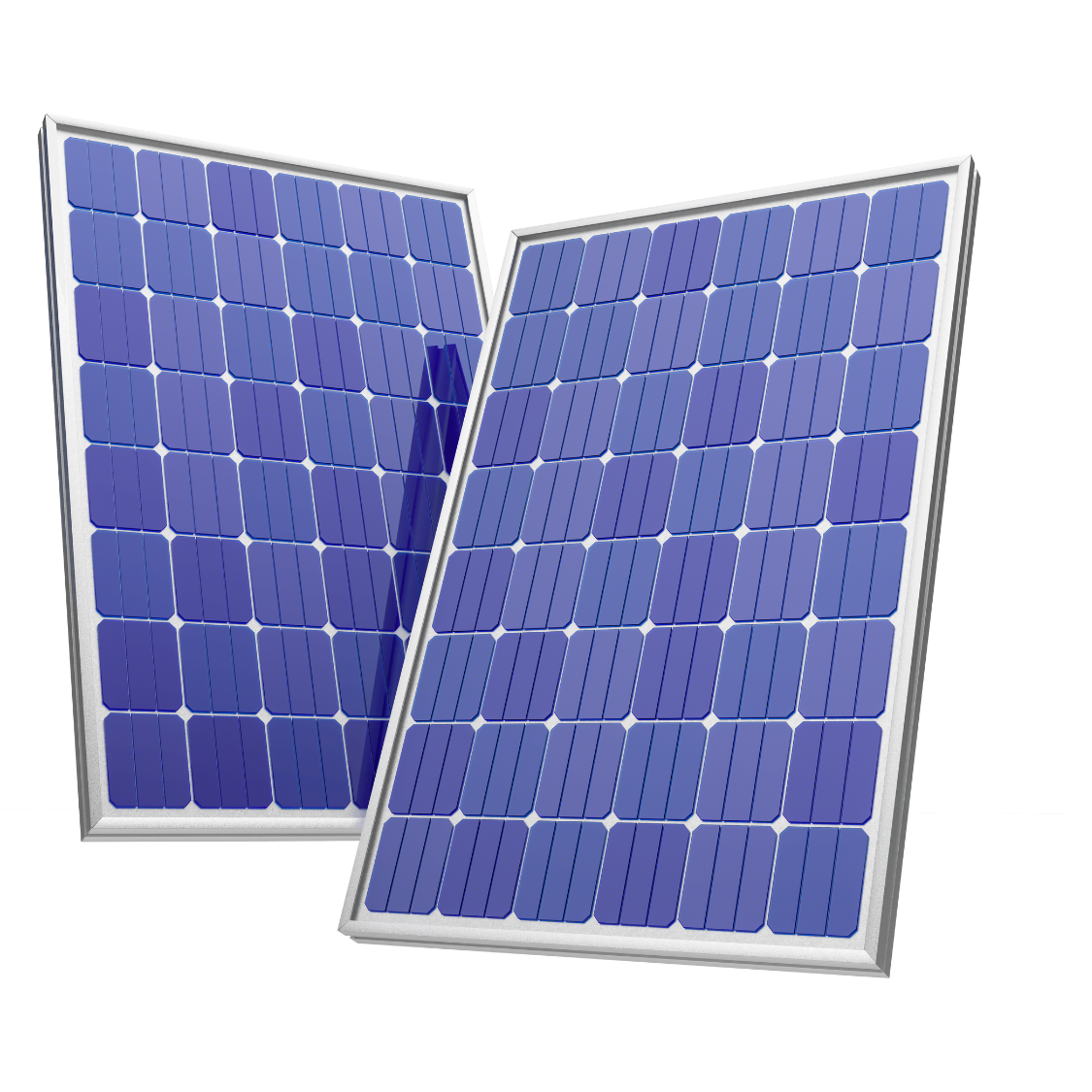
Your Solar Energy Experts


CONTACT
OPENING HOURS
- Mon - Fri
- -
- Saturday
- -
- Sunday
- Closed


